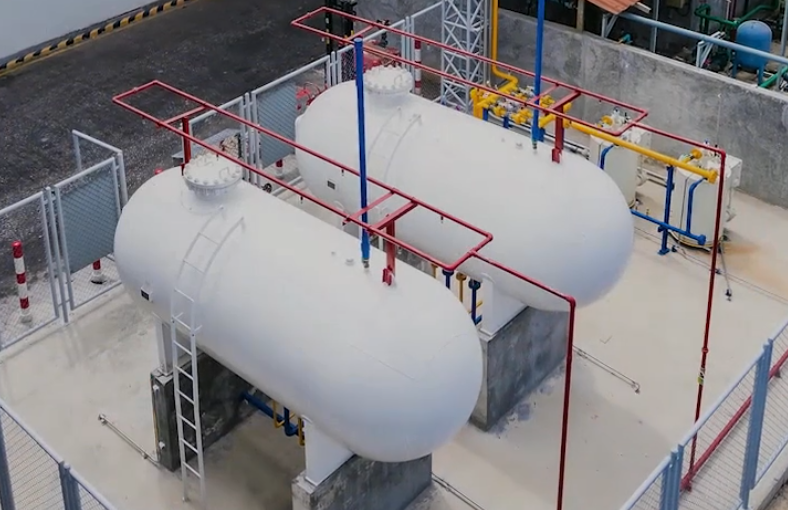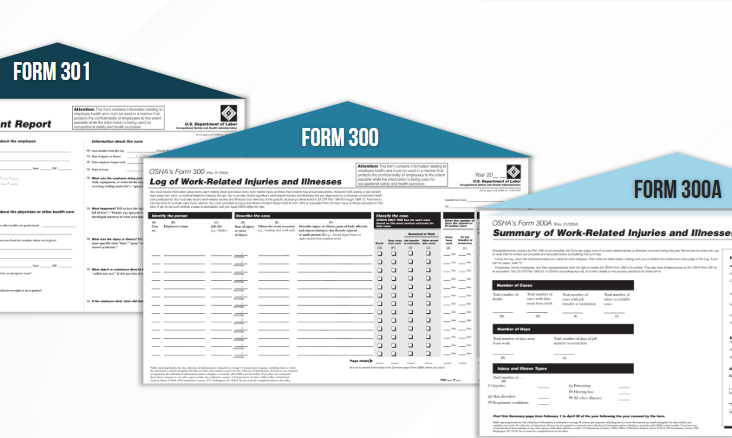Auto EHS Compliance and Safety Training Courses

Aboveground Storage Tanks
This general awareness training for both employees and managers covers safety practices for aboveground storage tanks. It includes information on regulations, management responsibilities, inspections, handling leaks, and filling tanks safely.
View
A/C 609 Training
This training provides an overview of A/C 609 MVAC systems. It covers information on common refrigerants, use conditions for snap substitutes, key Clean Air Act sections, leak detection, and procedures for recovering, recycling, and recharging refrigerants.
View
Access to Medical and Exposure Records
This general awareness training covers access to employee exposure and medical records, the rights of employees, and requirements of employers. It also covers types and how to maintain records.
View
Accident Recordkeeping with OSHA 300 Logs
This training addresses OSHA's regulatory requirements on accident reporting. Designed for managers, it covers the criteria for recording, the forms that need to be completed, and the new reporting regulations.
View
Aerial Lifts and Elevated Platform Safety
This training provides knowledge on aerial lifts and platform safety, including types of aerial lifts, common hazards and preventative controls, inspections, and operation best practices.
View
Back Injury Prevention
This training will go over proper lifting techniques that will help employees avoid injury. It also covers back anatomy basics and best practices for safer lifts.
View
Back Injury Prevention
This training will go over proper lifting techniques that will help employees avoid injury. It also covers back anatomy basics and best practices for safer lifts.
View
Basic First Aid Awareness
This awareness level training introduces basic first-aid techniques and steps designed to keep people safe until emergency medical services arrives and takes over.
View
Battery Charging and Jump Starting
This training discusses guidelines for safely charging batteries and jump starting vehicles. It includes information on hazards, correct procedures, required PPE, and storage and handling practices.
View
Bloodborne Pathogen Program Assessment
This tool for managers helps determine if OSHA regulations require a Bloodborne Pathogen Program to be maintained at their facility.
View
Bloodborne Pathogens
This training covers protection against common types of bloodborne pathogens, situations where pathogens pose a hazard, and protection. Other course topics include personal protective equipment (PPE), the Hepatitis B vaccine, and incident response.
View
Bloodborne Pathogens - General Awareness
This employee training gives a general overview of the common types of bloodborne pathogens and how you can protect yourself in the workplace. Topics include routes of entry, universal precautions, and best practices for minimizing exposure.
View